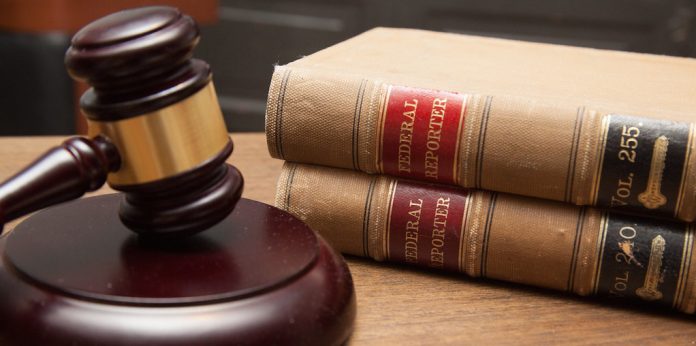The 9th Circuit Court of Appeals ruled in late February that lawyers can proceed to trial in their lawsuit against the Oregon State Bar, which forces them to join and then fund the organization’s progressive agenda, WND reported.
A district court judge earlier had said the lawsuit, Crowe v. Oregon State Bar, could not proceed to trial because Supreme Court precedent allowed state governments to compel membership in bar associations.
In the 9th Circuit’s response to the lower court’s opinion, the judges said that forced membership in state bar associations is “an issue that neither the Supreme Court nor we have ever addressed.”
The 9th Circuit outlined the nation’s well-accepted legal argument against compelled association.
“The First Amendment protects the basic right to freely associate for expressive purposes; correspondingly, ‘the right to eschew association for expressive purposes is likewise protected,'” according to court’s opinion.
The court described the two ways in which the First Amendment operates.
“First, it shields individuals from being forced to ‘confess by word or act their faith’ in a prescriptive orthodoxy or ‘matters of opinion’ they do not share,” the court wrote. “Second, because ‘effective advocacy of both public and private points of view, particularly controversial ones, is undeniably enhanced by group association,’ freedom from compelled association checks the power of ‘officials, high or petty, [to] prescribe what [opinions] shall be orthodox.'”
The Goldwater Institute, which represents the lawyers in the case, agreed that the Supreme Court and lower courts have not adequately addressed the issue.
The 1961 Supreme Court case, Lathrop v. Donohue, tested forced membership in state bar associations, but the “Supreme Court was so sharply divided on the question that the justices failed to publish a majority opinion,” The Goldwater Institute reported.
“Many states still require lawyers to join bar associations and pay them dues if they want to practice law,” the Goldwater Institute said. “Many lawyers object to this, since bar associations often take political positions that lawyers disagree with and don’t want to be forced to fund (to the tune of several hundred dollars a year).”

